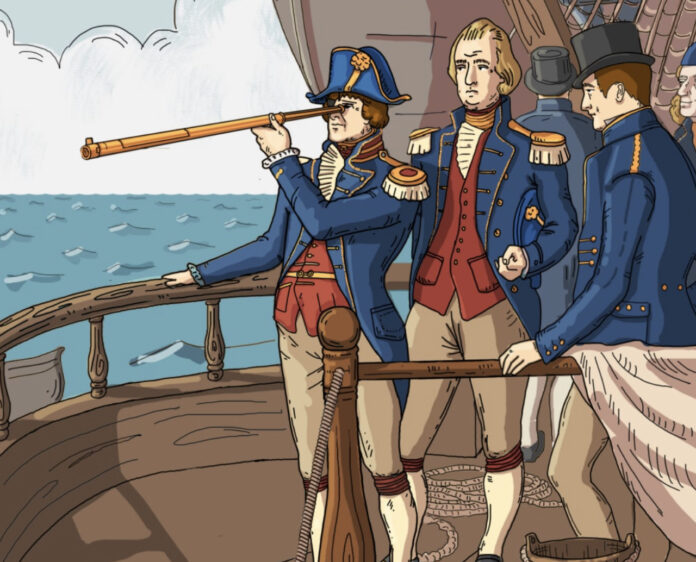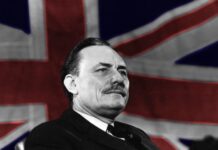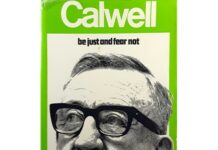From Patriotic Alternative.
Ben Harrison
Especially in a world such as we have now where everybody in public life is so stunningly bland and mediocre, I have always had an interest in the life stories of the great men and women of history. I don’t just mean their achievements, but in particular the question of what made them stand out from their peers as well as what we can learn from them and apply to our own lives.
I’m very well aware of the cliché of the right-winger and the Great Man theory of history, but I’m not necessarily thinking of your Alexander the Greats or your Napoleons because these kinds of major players in world history are so rare and on such a different level to most people that I don’t think the average person can genuinely relate to them.
Role models
It’s entirely normal and natural for children in particular to want role models to look up to. Go into any major library or bookshop and you can find entire displays of children’s books about inspirational people – just not our people.
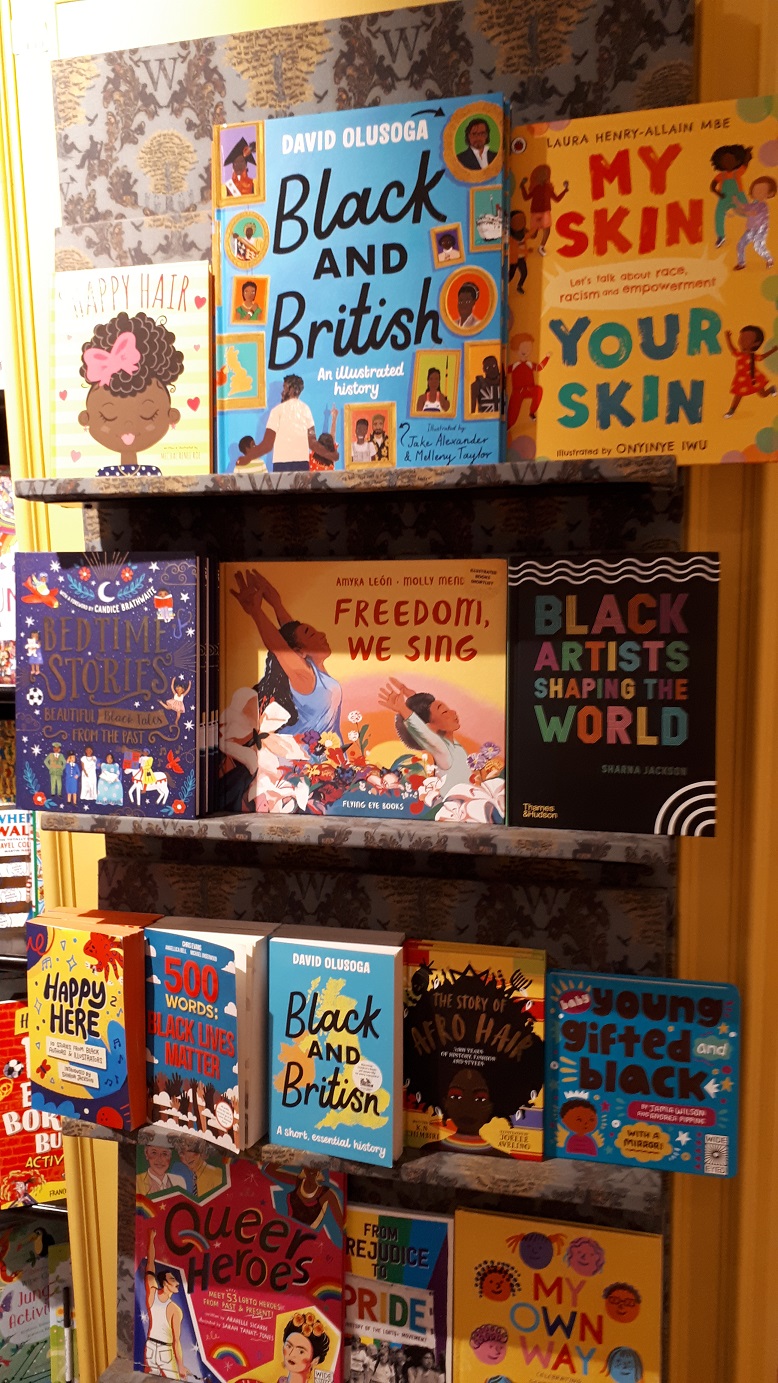
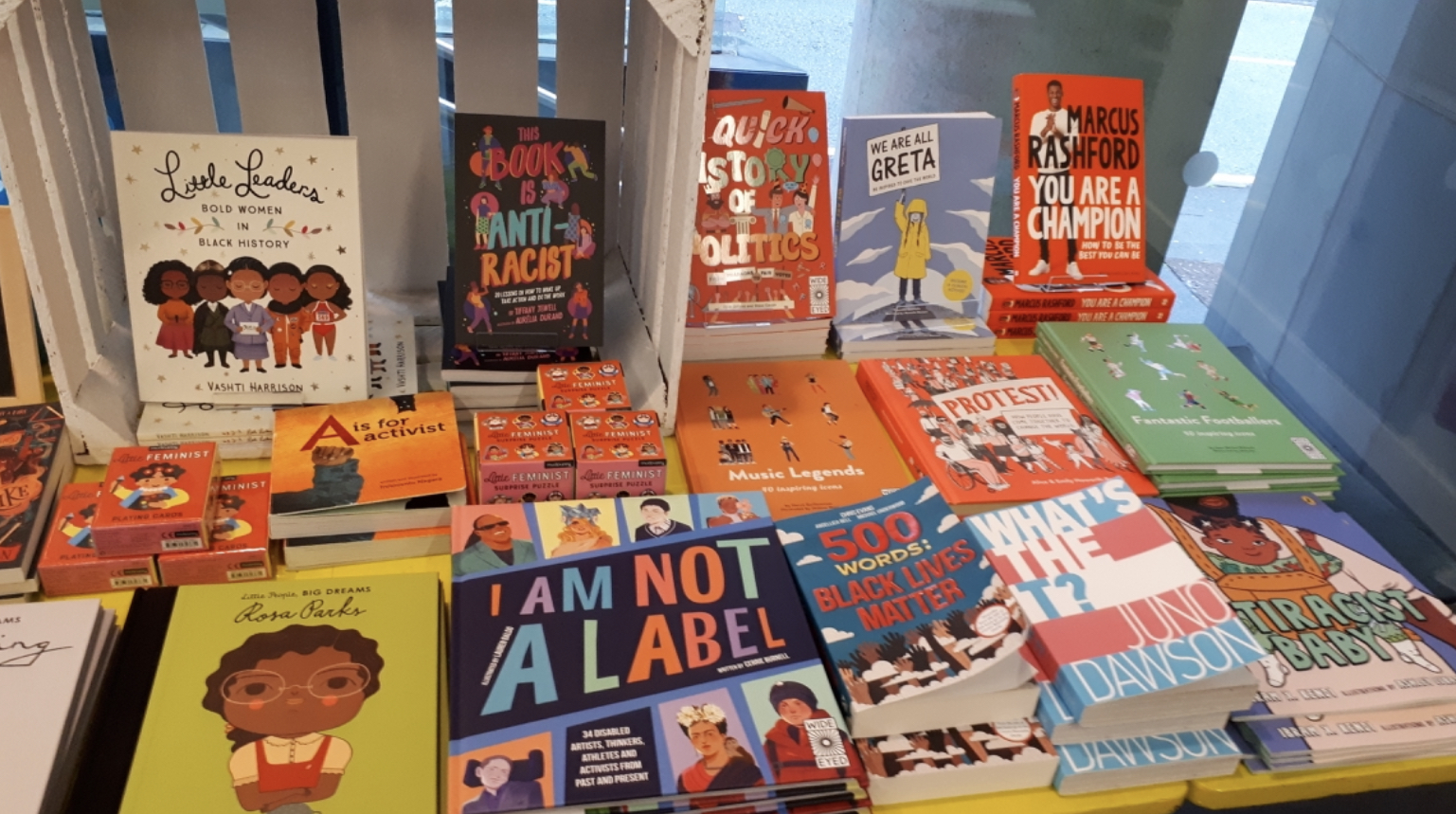
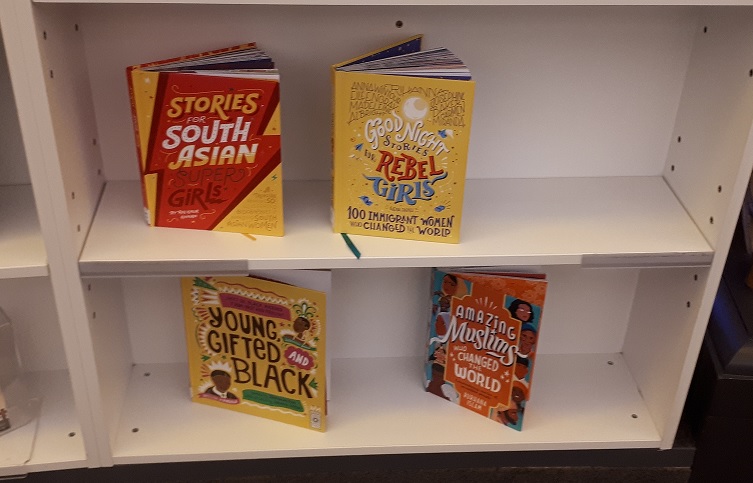
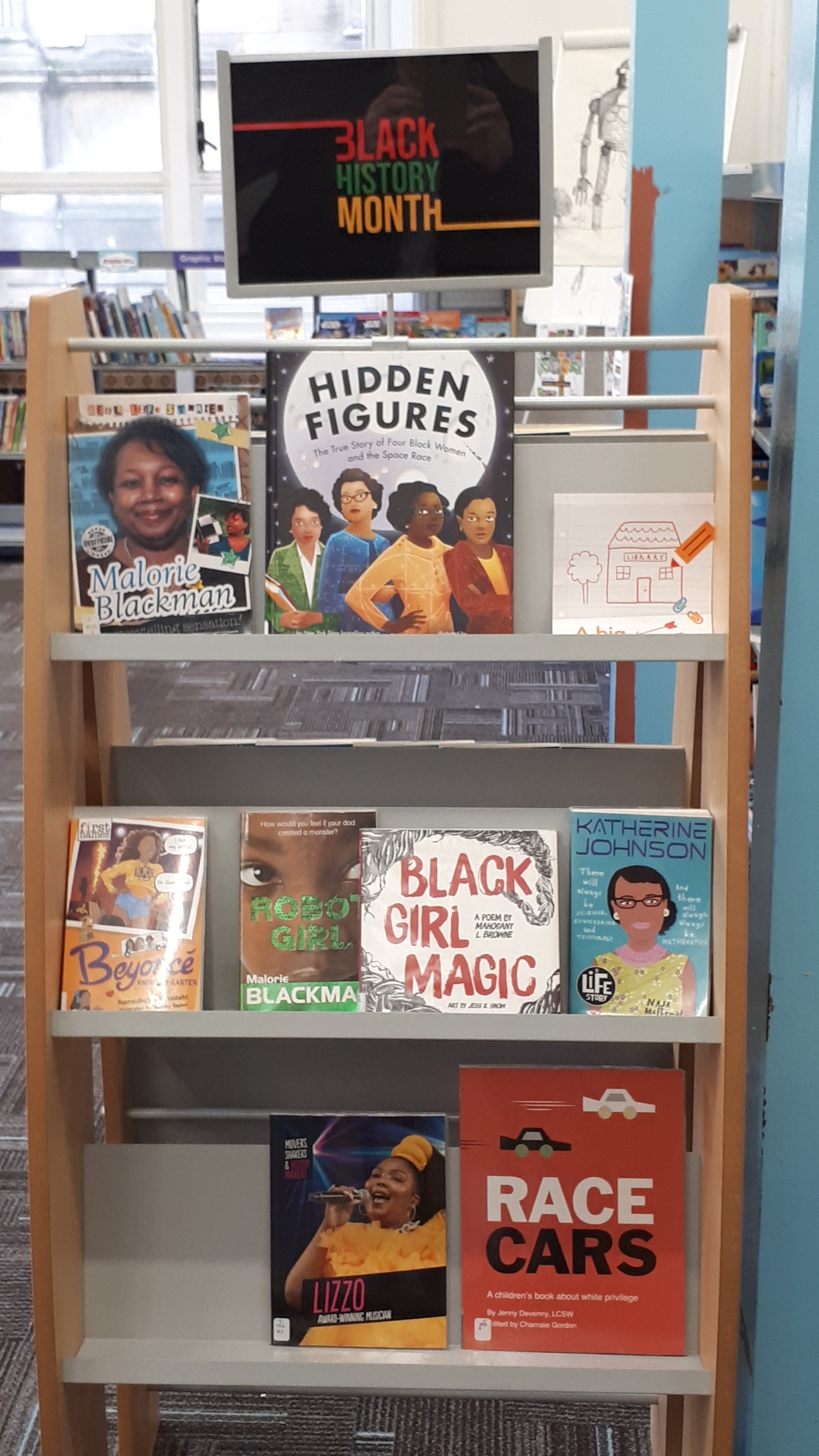
I figured we needed something for the White community for a change, so I wrote my own. My first book, 20 Great English Lives, is pretty self-explanatory: 20 short 2,000-word or so biographies of interesting figures from English history with full illustrations, pitched at children aged about 10 or 11.
The better-known monarchs that children may still learn about such as Boudicca and Elizabeth I were included, though since it’s not all that realistic to compare your own life to a king or queen I made sure to include people from more humble or difficult backgrounds, as well as people with fascinating life histories of their own who aren’t anywhere near as well known as they should be.
Three people who definitely fall into that category include William Marshall, a champion knight who later went into politics and became a key figure in the creation of the Magna Carta, Thomas Coram, a shipbuilder from Dorset who set up the country’s first ever children’s charity, and fighter pilot Alfred Evans, who escaped from two WW1 prisoner-of-war camps and went on to play international cricket.
History teaching with a focus on its main movers and shakers was the norm for a long time right the way from Plutarch’s Lives up until about the 1960s when the whole idea of putting people on a pedestal above others was made unfashionable.
As somebody born in the mid-80s I like to think I grew up in the last few years when this country still felt normal enough, but I still never learnt a thing about Alfred the Great, Lord Nelson or my personal favourite Isambard Kingdom Brunel when I was at school so what chance does a 10-year-old have now?
I’m a particular fan of adventure stories and stories about exploration, so the likes of Captain Cook and Captain Scott are obviously in there. The aim was to find people whose life stories will be interesting to children, so people like Shakespeare, Newton and Darwin were out and I chose adventurer Ranulph Fiennes as my representative of people who are still alive.
Societal change
The historical figures I chose are featured in chronological order, so I tried to give some background information about the different eras that produced them and provide more of a narrative about English history in general. Perhaps the main lesson to be learnt from it is that human nature doesn’t change over time, but what changes is society itself and what it expects of you.
The book wasn’t meant to be political and would have been considered completely normal two or three generations ago. Though especially for somebody growing up now at a time when we’re supposed to think that Britain has always been multi-racial and we never even existed as a distinct people, having a wider frame of historical reference should hopefully open a few eyes to how abnormal our era really is.
As glorious as English history is and however much we have produced a vastly disproportionate amount of great people, I didn’t want to project an image that our best days are behind us. However, despite trying to get a decent balance of personalities and historical eras I still ended up with nine people out of the 20 who were born in the 1800s and nobody at all worth writing about who was born after 1950.
I certainly tried to get my book published with a mainstream publisher and get it in the shops. There’s obviously a significantly bigger market for my book than all these books about ethnic minorities but it pretty much goes without saying that it was never going to get past the gatekeepers because the people I wrote good things about are White, so it’s currently available on Amazon for what might be a limited time only.
While I was at it, I also wrote two other books for the Alternative Curriculum aimed at children aged between about 7 and 11 which are also available on Amazon: “Meet the French” and “Meet the Germans”.
As somebody with a degree in modern languages myself I’ve always found the kind of children’s books available for learning foreign languages to be pretty bland, so my books are split into two parts.
The first part covers all the basic “Bonjour, je m’appelle” kind of stuff, and then the second part is a guide to the country and the French/German people themselves from more of a folkish perspective. Needless to say, you’re not going to find books like those two coming out of mainstream publishers any time soon either due to them having, erm……somewhat less of a focus on diversity.

